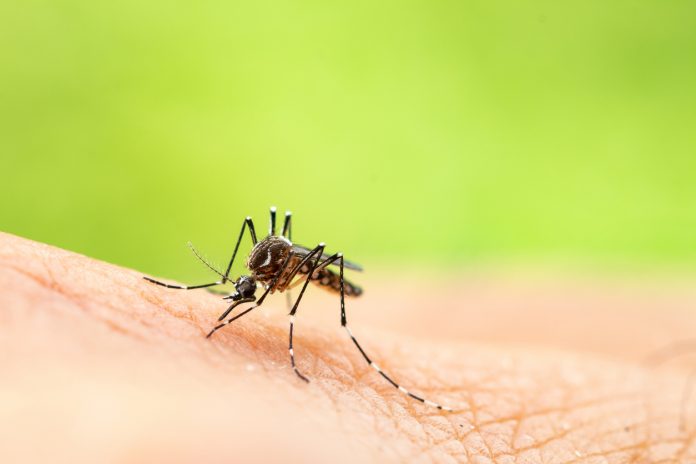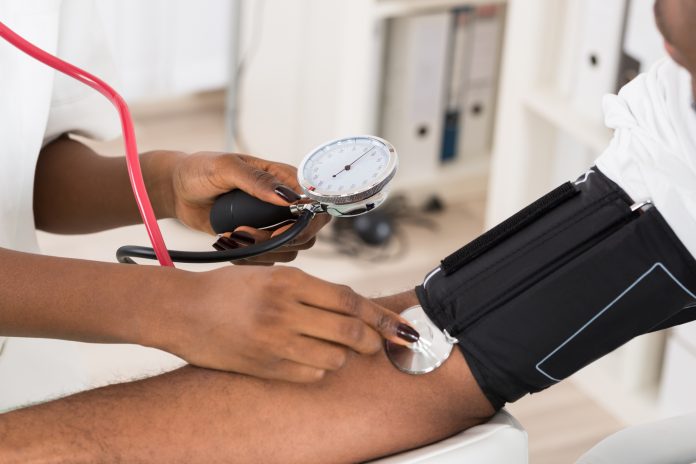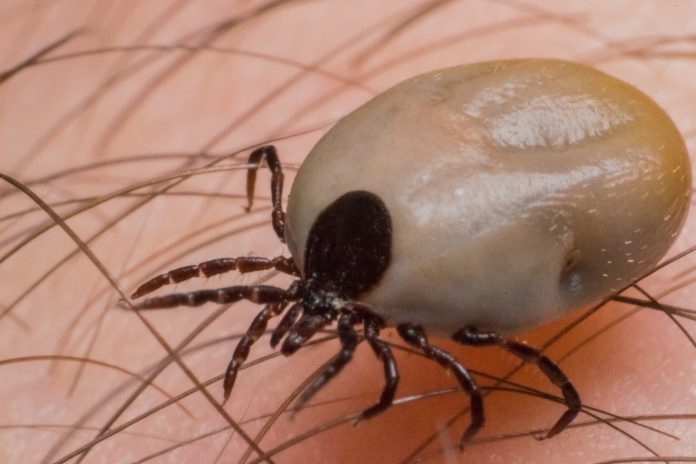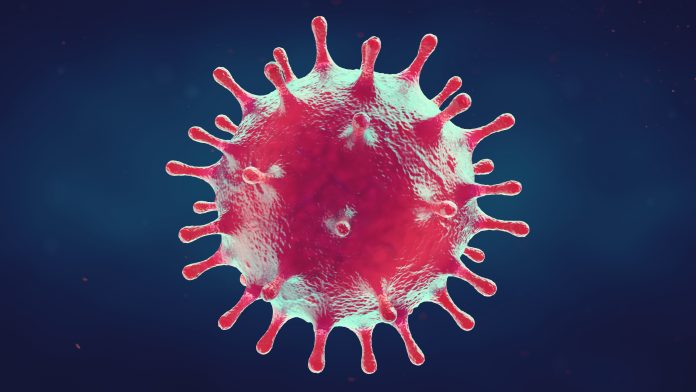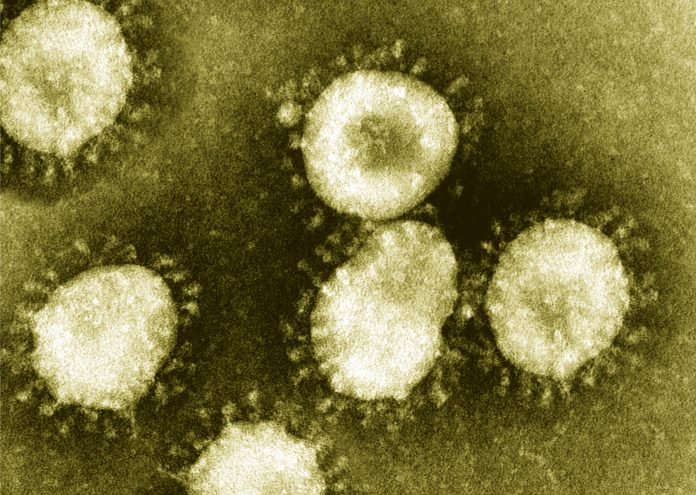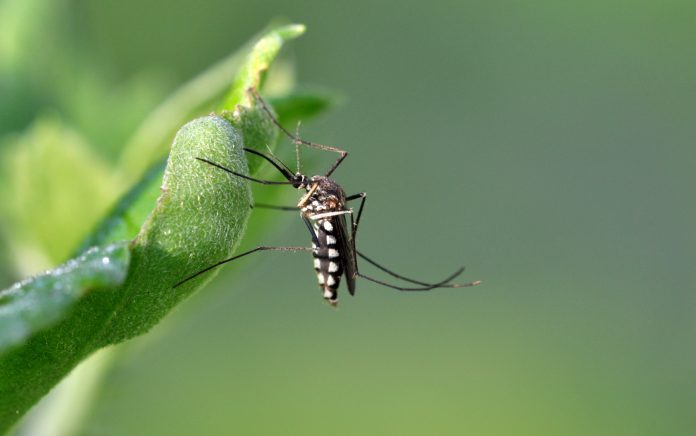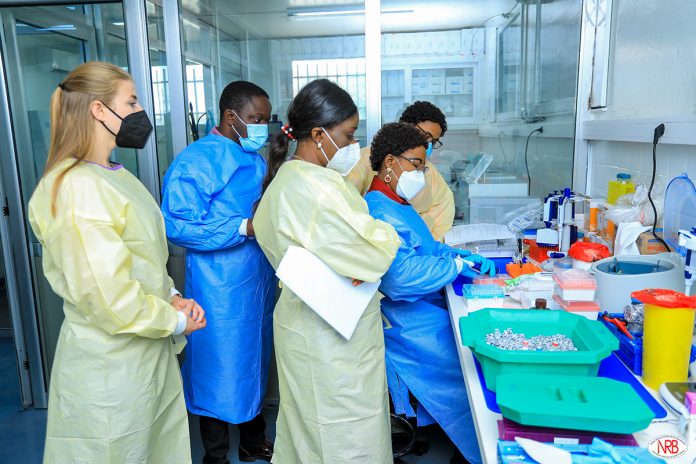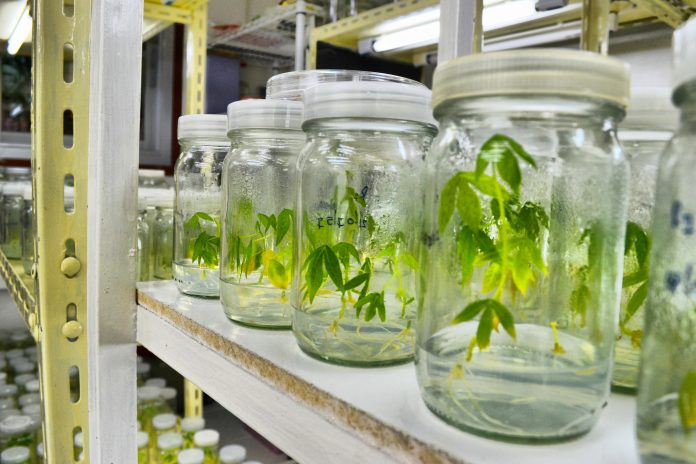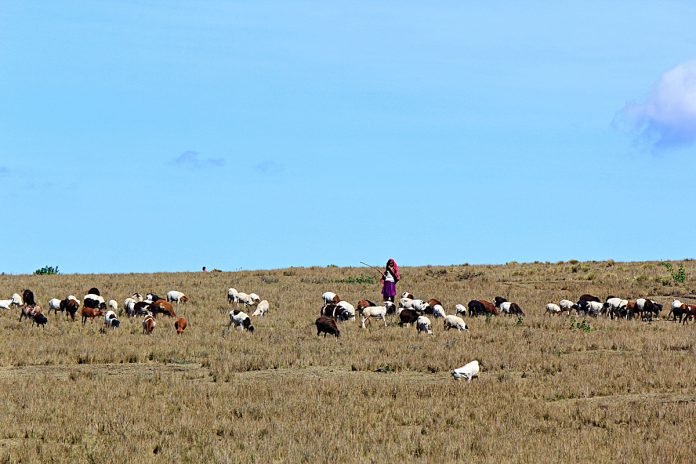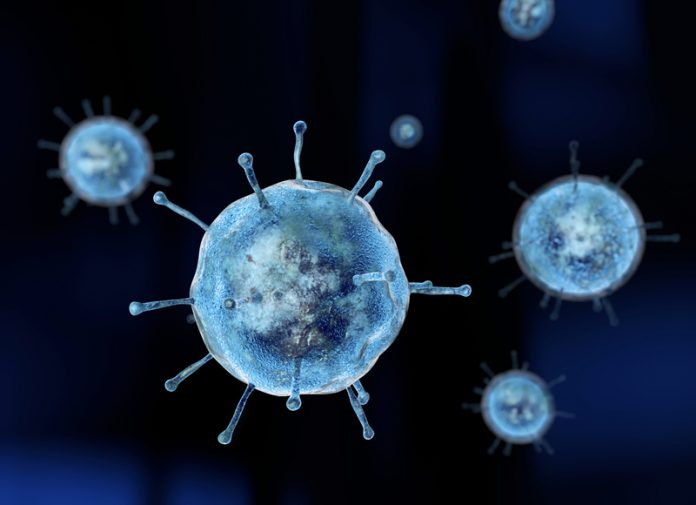Open Access Government produces compelling and informative news, publications, eBooks, and academic research articles for the public and private sector looking at health, diseases & conditions, workplace, research & innovation, digital transformation, government policy, environment, agriculture, energy, transport and more.
Home Search
infectious diseases - search results
If you're not happy with the results, please do another search
The shifting burden of neglected tropical diseases in the age of climate change
Now is the time to invest in trans-national control strategies to stop the spread of neglected tropical diseases and limit suffering, say Jake Mathewson and Ente Rood, Epidemiologists at KIT Royal Tropical Institute.
Five rare diseases you never knew existed
Learn about these five rare diseases to support governments, scientists and healthcare professionals to find treatments.
Wastewater surveillance for infectious disease preparedness
The University of Oklahoma Wastewater Based Epidemiology (OU WBE) team highlights successes from their three years of wastewater surveillance in Oklahoma & how this surveillance approach can be used as next-level monitoring for infectious disease preparedness.
Reducing the burden of cardiovascular diseases in Africa
Dr Prebo Barango and Prof Jean-Marie Dangou from the WHO Regional Office for Africa argue that reducing the burden of cardiovascular diseases in Africa is imperative.
Tick-borne Diseases Transmission Research: Co-Feeding in Ticks
Tick-borne diseases such as Lyme disease and tick-borne encephalitis are primarily transmitted during the blood feeding process, through systemic and co-feeding horizontal transmission routes.
Disease X and other high priority diseases
According to the WHO, Disease X refers to a hypothetical, unknown pathogen that could cause a future epidemic.
Acoustic Cluster Therapy – A novel ultrasound-mediated drug delivery platform for therapeutic enhancement across...
Optimising a drug’s ability to reach diseased body parts in adequate levels while avoiding healthy body parts – its tissue exposure and selectivity – is critical to therapeutic optimisation.
Cellular & biological pathways from studies on communicable diseases
Adonis Sfera and Zisis Kozlakidis provide recent insights into cellular and biological pathways from studies on communicable diseases.
1 in 10 COVID patients could be infectious after 10 days
New research indicates that after 10 days, one in ten people may still have clinically relevant levels of potentially infectious COVID.
What are zoonotic diseases?
Captain Casey Barton Behravesh of the U.S. Public Health Service, and Director of the CDC One Health Office highlights the CDC’s efforts to nationally and internationally prevent zoonotic diseases.
How will a changing climate affect the future of vector borne diseases?
With a changing climate, animal, insect, and plant species will either adapt or die under new environmental and climate conditions - this brings new challenges in the study of vector-borne infectious diseases.
Congo: Pathogen sequencing for infectious disease epidemics
Dr Placide Mbala-Kingebeni and Prof Jean-Jacques Muyembe Tamfum, discuss the contribution of pathogen sequencing in the management of infectious disease epidemics in the Democratic Republic of Congo.
Dr Charu Kaushic – Global Research Collaboration for Infectious Disease Preparedness (GloPID-R)
Charu Kaushic is the Scientific Director of the Canadian Institutes of Health Research (CIHR)-Institute of Infection and Immunity.
Tropical peatland conservation can prevent animal diseases jumping to humans
Scientists at the University of Exeter found that tropical peatland conservation can impact how animal diseases, like the bat-based COVID-19, transfers to human beings.
Brain diseases at the time of the COVID-19 pandemic
Prof Monica Di Luca, President, European Brain Council, highlights the importance of continuous prioritisation and attention to brain research during the COVID-19 pandemic.
Plant pathology: The global impact of wheat diseases
Dr Kim Hammond-Kosack at Rothamsted Research highlights an aspect of plant pathology that concerns the importance of finding new ways to disarm old enemies in wheat diseases.
Viral diseases of food security and livelihood importance
Here, Professors Sharadhuli Kimera and Gerald Misinzo from Sokoine University of Agriculture, focus on viral diseases of food security that affect livelihood.
Advances in plant pathology: Impact on tomato diseases
Aarthi Janakiraman, Industry Manager, Chemicals and Advanced Materials at TechVision, Frost & Sullivan, discusses advances in plant pathology, with a focus on the impact of this on tomato diseases.
Japan: Challenges around global data sharing for orphan diseases
Makoto Suematsu, President of the Japan Agency for Medical Research and Development (AMED) details the challenges around global data sharing for orphan diseases.
Infectious disease: A worldwide research challenge
Prof Colin J Suckling OBE DSc FRSE, Research Professor of Chemistry at the University of Strathclyde imparts his expertise on the worldwide research challenge of infectious disease and argues that this is both diverse and everywhere

